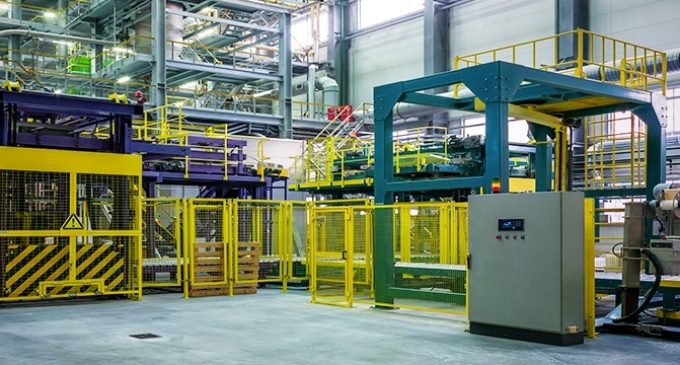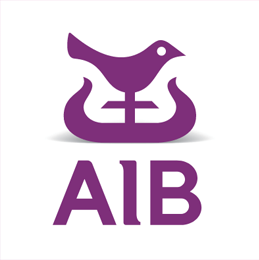Irish manufacturing output falls for second month running in July

The latest PMI® survey data from AIB highlighted continued challenges across the Irish manufacturing sector in July. Output declined for the second time in as many months, and at a faster rate, as order book volumes fell at the strongest pace since January 2021.
According to panellists, demand conditions had weakened both domestically and abroad, in part due to rising costs. Nonetheless, firms raised their charges again in July in response to greater cost burdens.
Commenting on the survey results, Oliver Mangan, AIB Chief Economist, said: “The AIB Irish Manufacturing PMI survey for July shows a continuing loss of momentum in the sector amidst a global slowdown in activity as demand weakens in the face of rising price pressures. The Irish PMI fell to 51.8 in the month, down from 53.1 in June and 56.4 in May. While the index remained in expansion territory, it was the lowest reading since January 2021. The fall was in line with the trend seen elsewhere – the flash July index fell to 52.2 in the UK and dropped to 49.6 in the Eurozone
“The impact of weakening demand on Irish manufacturing activity was most evident in the second consecutive monthly contractions in both output and new orders. The drop in new orders resulted in a further easing in capacity pressures, as evidenced by declining backlogs for a third month running. Weakening demand also saw stocks of finished goods rise for the first time in over a year.
 “The overall headline PMI was supported by a further rise in employment, albeit at the slowest pace since February 2021, as well as a solid increase in stocks of input purchases. There was also a continued lengthening of supplier delivery times, amid reports of shortages of materials and transport delays. In terms of the 12-month outlook, sentiment remained positive, though it is at a subdued level on a historical basis.
“The overall headline PMI was supported by a further rise in employment, albeit at the slowest pace since February 2021, as well as a solid increase in stocks of input purchases. There was also a continued lengthening of supplier delivery times, amid reports of shortages of materials and transport delays. In terms of the 12-month outlook, sentiment remained positive, though it is at a subdued level on a historical basis.
“Meanwhile, inflationary pressures remain pronounced, with prices rising at close to their fastest pace since the survey began in 1998. There were further marked increases in material, energy and labour costs, while the rate of output price inflation remained elevated.”
Overview
Factory production declined for the second month running, with the pace of reduction accelerating since June. Panellists linked the latest fall to weak client demand. That said, the fall in output was only marginal overall.
Weak demand was reflected in a further contraction of new orders during July. The rate of decline was the quickest since January 2021 and moderate overall, also outpacing that for output. Weak client demand, in part due to higher prices, was attributed through anecdotal evidence to the latest fall. Weakness was also apparent with respect to order book volumes from abroad, as new export orders fell marginally.
Elsewhere, factory gate charges rose again in July, with the rate of charge inflation picking up on the month and the fifth-quickest on record. Firms were reportedly hiking prices amid efforts to pass greater cost burdens through to customers, as input prices increased markedly again.
At the same time, Irish goods producers reduced their buying activity for the first time since February 2021 in July. Survey respondents linked the fall, which was moderate, to lower production requirements. Nonetheless, preproduction inventories increased again, attributed by panellists to efforts to build safety stocks in previous months. Moreover, the rate of increase was the fastest for six months and strong overall. Stocks of finished goods meanwhile rose for the first time in over a year.
Concurrently, average suppliers’ delivery times lengthened again in July, amid reports of material shortages and transport delays. Delays were the least widespread since November 2020, however.
Despite sustained falls in output and new work, Irish goods producers expanded their staffing levels further in July. The rate of job creation was the softest since February 2021, but still moderate overall. The easing rate of job creation partially reflected reduced capacity pressures at manufacturers, as backlogs of work declined for the third month in a row and at a sharp pace.
Looking ahead, Irish manufacturers remained positive overall towards the outlook for output over the next 12 months, with optimism ticking up to a three-month high. However, the level of sentiment remained historically subdued amid concerns around the near-term economic outlook.



























